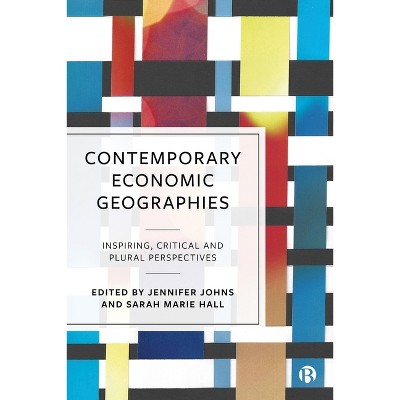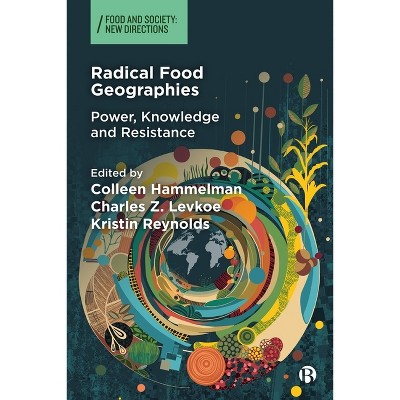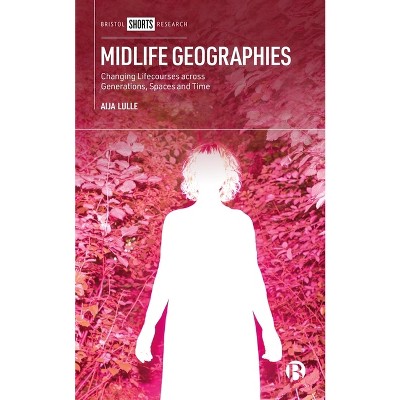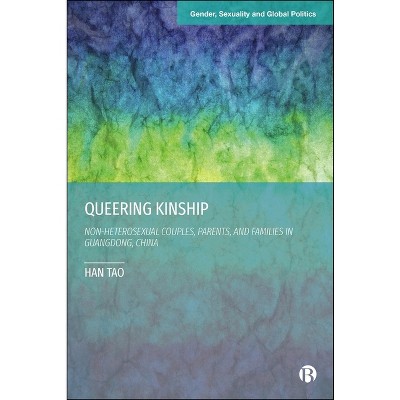The Material Geographies of the Belt and Road Initiative - by Elia Apostolopoulou & Han Cheng & Jonathan Silver & Alan Wiig (Paperback)

About this item
Highlights
- China's Belt and Road Initiative (BRI), commonly called the New Silk Road, is a huge infrastructure project currently revitalising or creating new trading routes and large developments across the globe.
- About the Author: Elia Apostolopoulou is Associate Professor at Imperial College London.
- 272 Pages
- Social Science, Human Geography
Description
Book Synopsis
China's Belt and Road Initiative (BRI), commonly called the New Silk Road, is a huge infrastructure project currently revitalising or creating new trading routes and large developments across the globe. It is estimated to cost up to US$8 trillion and impact more than 65% of the world's population.
This book explores the unequal ways this controversial project is altering livelihoods, places and the environment. From road building projects in Nairobi to grassroots environmental activism in Thailand, researchers from the Global North and South analyse the real-world impacts of this unprecedented project, bringing together critical geography and political ecology approaches.
Review Quotes
'This is an intensely geographical book, in all of the best ways. Grounded in specific places, it examines the many different ways in which the multiscalar project of the Belt and Road Initiative touches down, and is shaped and reshaped in practice. It is essential reading for anyone trying to understand the realities of the Belt and Road Initiative.' Emma Mawdsley, University of Cambridge
'Bringing together interdisciplinary perspectives, this timely collection reveals how Belt and Road Initiative projects transform ecologies, territories, and power relations--essential reading for scholars and practitioners of infrastructure, development, human geography and political ecology.' Seth Schindler, University of Manchester
'Traversing infrastructural forms, this book offers a distinctly global, yet grounded, analysis of the material and contested transformations of the Belt and Road Initiative as it produces uneven geographies and restructures economies and geopolitics from the ground up.' Sophie Webber, The University of Sydney
About the Author
Elia Apostolopoulou is Associate Professor at Imperial College London.
Han Cheng is Visiting Senior Research Fellow at the Max Planck Institute for the History of Science.
Jonathan Silver is Deputy Director and Senior Research Fellow at the University of Sheffield.
Alan Wiig is Associate Professor at the University of Florida.











